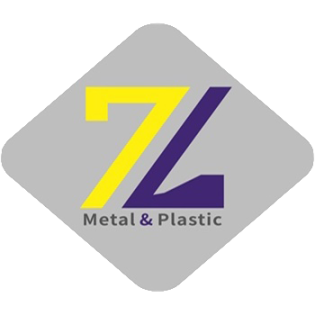Aluminium Metal Fabrication
Refers to a series of technological operations such as cutting, forming, welding and processing of metal raw materials to manufacture parts or finished products with certain shape, size and performance requirements.
Metal processing is an extremely important part of the manufacturing industry and is widely used in automobile manufacturing, aerospace, shipbuilding, machinery, electronics, construction and household products.
Plasticity: Metal materials have good plasticity and ductility and can be shaped into parts of various shapes through stamping, die-casting, extrusion, etc.
Machinability: Metal materials have good machinability and are easy to perform turning, milling, drilling, boring and other cutting processes to achieve precision machining requirements.
Electrical and thermal conductivity: Metal materials have good electrical and thermal conductivity and are suitable for manufacturing electronic components, electrical equipment and heat dissipation components.
Polishing: Polishing is a mechanical process that creates a smooth and shiny surface on aluminum profiles. It enhances the appearance of the profiles and gives them a mirror-like finish.
Strength and hardness: Different types of metal materials have different strengths and hardnesses, which can meet the strength requirements of different engineering applications.
Corrosion resistance: Some metal materials have good corrosion resistance and are suitable for the production of corrosion-resistant parts.
Weldability: Many metal materials have good weldability and can connect different parts through welding processes.
Environmental protection: Metal materials can be recycled and reused, which helps reduce resource consumption and environmental pollution.
Metal processing involves a variety of processing techniques, such as forging, die-casting, heat treatment, precision casting, plate forming, casting, milling, turning, grinding, wire cutting, EDM, laser cutting, etc., which can meet parts with different shapes and precision requirements, Component Manufacturing.
In actual production, metal processing usually requires the use of mechanical equipment, CNC equipment, molds, cutting tools, fixtures, fixtures and other auxiliary tools, as well as reasonable process regulations and technical standards. At the same time, metal processing needs to follow strict quality control requirements to ensure that products meet specified standards and requirements.
Overall, metal processing is an important technology that plays a vital role in the development of modern manufacturing. Through continuous technological innovation and process optimization, metal processing will continue to provide high-quality, high-precision metal parts and finished products for all walks of life.
